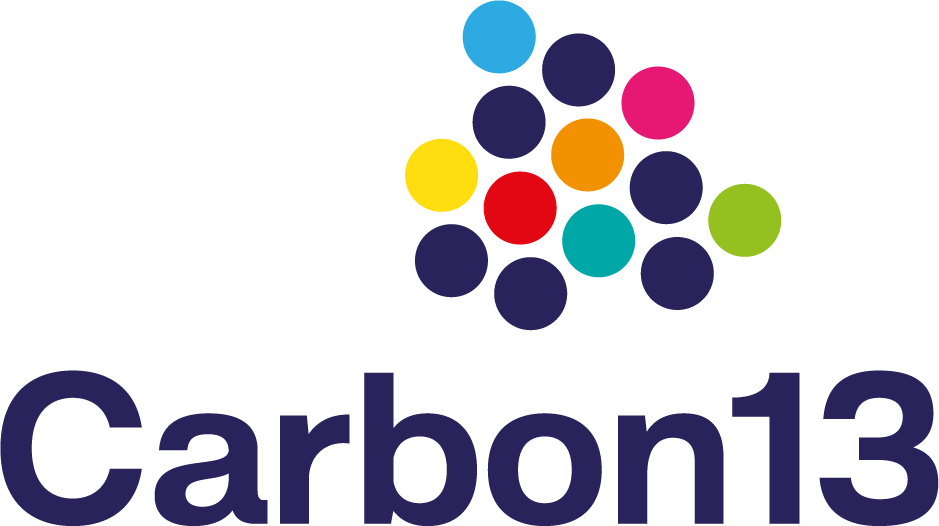Kick-off of the climate tech event series with Techspace and Honda Xcelerator Ventures
Last night, we launched the Climate Tech & Pizza event series together with Honda Xcelerator Ventures and Techspace. The aim of the evening was to shed light on the specifics of the relationship between early stage impact VCs and founders, clarify mutual expectations and strengthen communication. A bit like couples therapy. Of course, both perspectives were given enough space.
For over a year now, we have been active not only in Cambridge, but also in Berlin with a Venture Builder Programme. During this time, a great community of founders, domain experts and corporate partners has grown in Germany (and beyond). So it’s time for a series of events that will help the community to grow further, strengthen dialogue and provide a good opportunity for regular get-togethers.
First try, first investor
Gabriela Timerman, CEO and Cofounder of Mardeca from Berlin cohort 1 made the start. She reported on her experiences from her first fundraising. Unusually, she was lucky and successful with the first investor she pitched to. However, this meant that she was a little too optimistic going into the next ten meetings. Not something she would recommend to other founders. Investors greatly appreciated her sophisticated financial modelling, but struggled with the peculiarities of the maritime world (unless they were one of a handful of existing early stage investors focused on shipping). Kudos for closing the round so quickly. The next round is coming up.

The early stage impact VC perspective was taken by four great experts: Max Werny, Venture Associate @Zero Carbon Capital, Monika Andronova, Co-Founder and Impact Investor @SVenture Impact, Elzan Godlewski, Associate @Kopa Ventures & Franziska Ponick, Business Analyst & Operations @Climate Founders.
Grit, customer understanding and solid idea of long-term impact
All four made it clear what they expect from founders from day 1: “Grit”, a good understanding of the customer and signs of willingness to pay, the right problem to the possible solutions and a solid idea of medium-term and long-term impact. When asked about the one thing in the pitch deck that makes investors immediately lose interest, there was broad agreement. Without a clear structure and with far too much information, you won’t win any investors. What’s the point if all aspects are included in the pitch and in the end nobody knows what it’s actually about? Less is more. The rest can go in the appendix.
But why is early stage investment so fulfilling, despite the great uncertainty, the high risk and the frequent changes and adjustments? Because early money, advice and networks come when they are urgently needed and have a huge impact on the founders’ success story. All panellists enjoy the close collaboration with the founders.
The evening showed that (the vast majority of) early stage impact VCs are very friendly and that founders don’t need to be afraid of pitching. However, money and time is a very limited resource (perhaps even more so on one side than the other), so efficient communication significantly increases the likelihood of understanding. Let’s keep working on this.

A big thank you to our partners Honda Xcelerator Ventures and Techspace. We are looking forward to the next event on the second of July.
Applications for our next cohorts in Berlin and Cambridge are open. You can find more information here.
